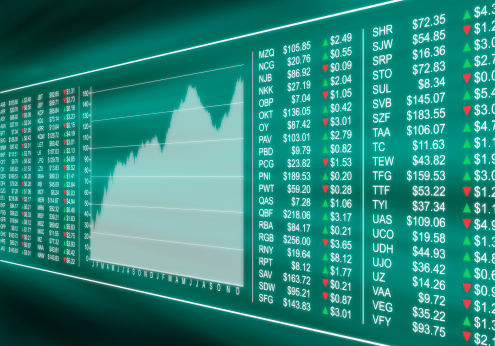“I think you have to learn that there’s a company behind every stock, and that there’s only one real reason why stocks go up. Companies going from doing poorly to doing well or small companies grow to large companies.” – Peter Lynch
Given today’s world of High Frequency Trading (HFT), day trading and the untamed animal spirits surrounding the financial markets, investors often get caught up in the idea that stocks are merely gambling chits and that the reason they go up or down is directly correlated to a “wheel of chance.”
We disagree completely. We view stocks and other pieces of a company’s capital structure as direct ownership in the earnings, revenues, dividends and financial success of the companies in which we’re investing.
We look at a company the same way you might if you were going to buy it on the private market: you’d want to know what the current assets are worth, how much debt the company has, if the management is merely competent or exceptional, if the company will treat you fairly and return to you your share of the profits (through dividends, buybacks or stock appreciation), if future earnings are going to grow enough to compensate you for your investment risk and whether this company has the financial wherewithal to withstand an economic or industry downturn.
These questions can be answered by evaluating several different measures of financial soundness. By rating factors that encompass debt-to-equity ratios to cash flows to shareholder yield (a combination of the methods a company can return cash to shareholders, including buying back stock, paying dividends and paying down debt), investors can increase their probability of success that a company will continue to prosper and either go from doing poorly to doing well, or grow from a small company into a large one.
And always remember, there’s a company behind every stock.

